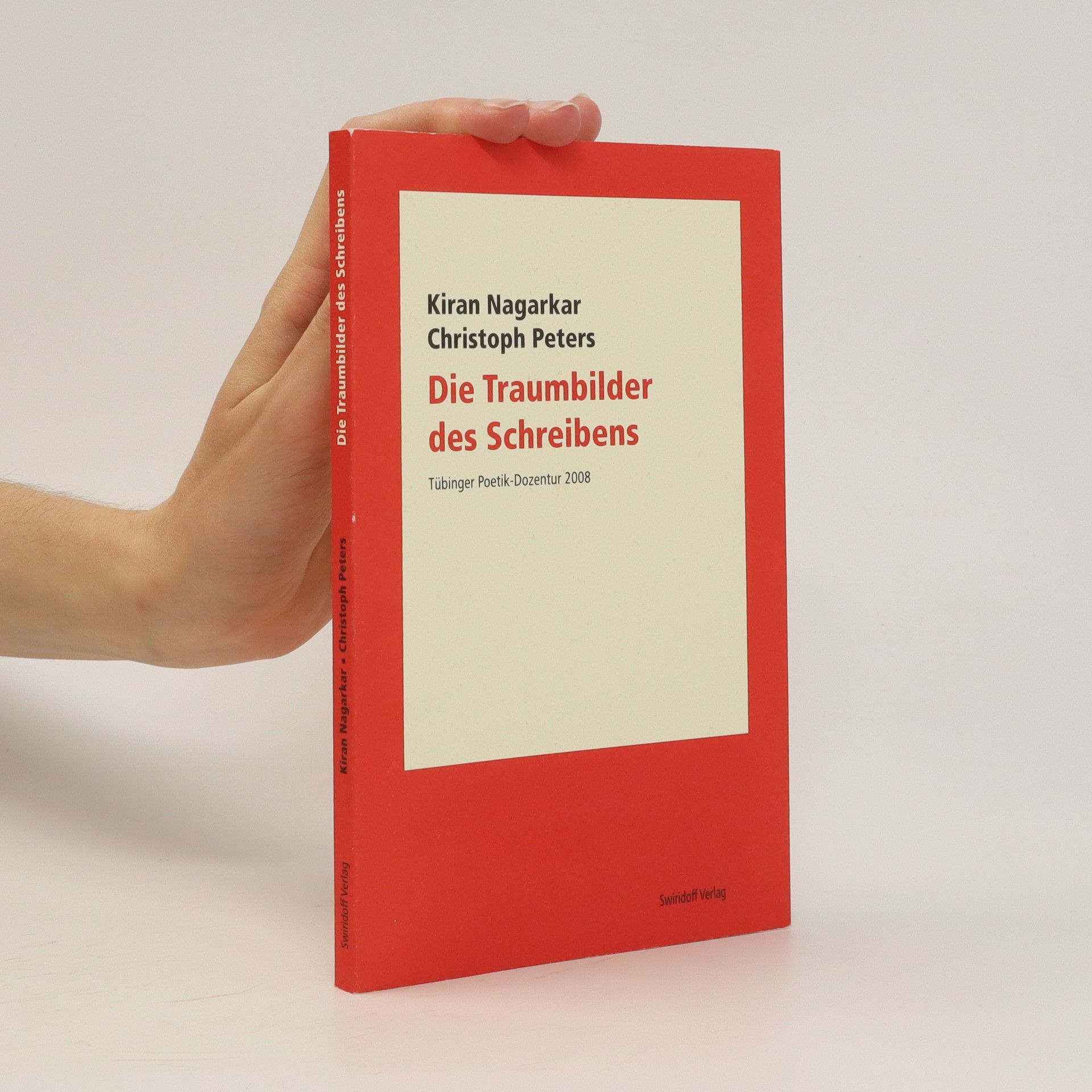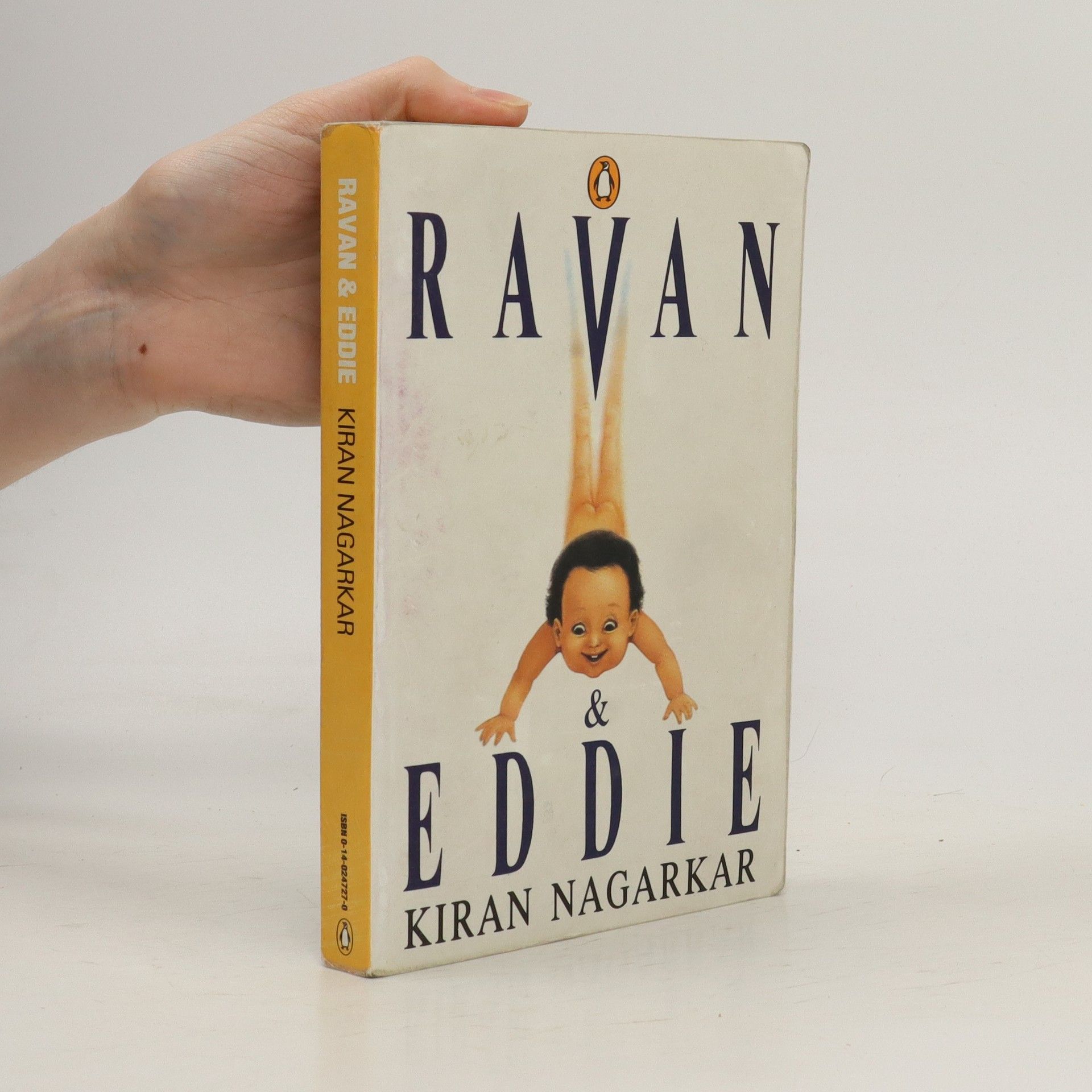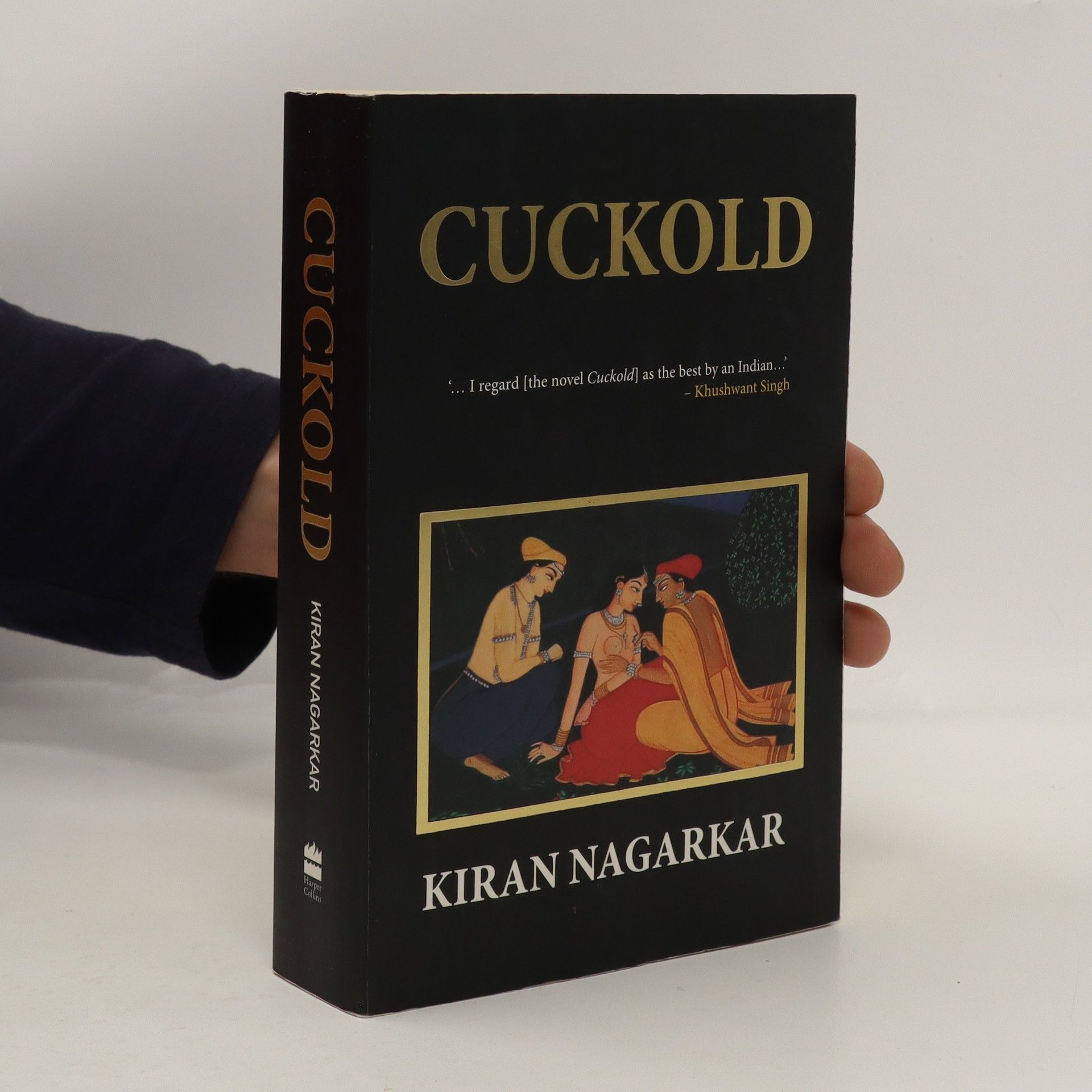Cuckold
- 609 páginas
- 22 horas de lectura
The time is early 16th century. The Rajput kingdom of Mewar is at the height of its power. It is locked in war with the Sultanates of Delhi, Gujarat and Malwa. But there is another deadly battle being waged within Mewar itself. who will inherit the throne after the death of the Maharana? The course of history, not just of Mewar but of the whole of India, is about to be changed forever. At the centre of Cuckold is the narrator, heir apparent of Mewar, who questions the codes, conventions and underlying assumptions of the feudal world of which he is a part, a world in which political and personal conduct are dictated by values of courage, valour and courtesy; and death is preferable to dishonour. A quintessentially Indian story, Cuckold has an immediacy and appeal that are truely universal.




